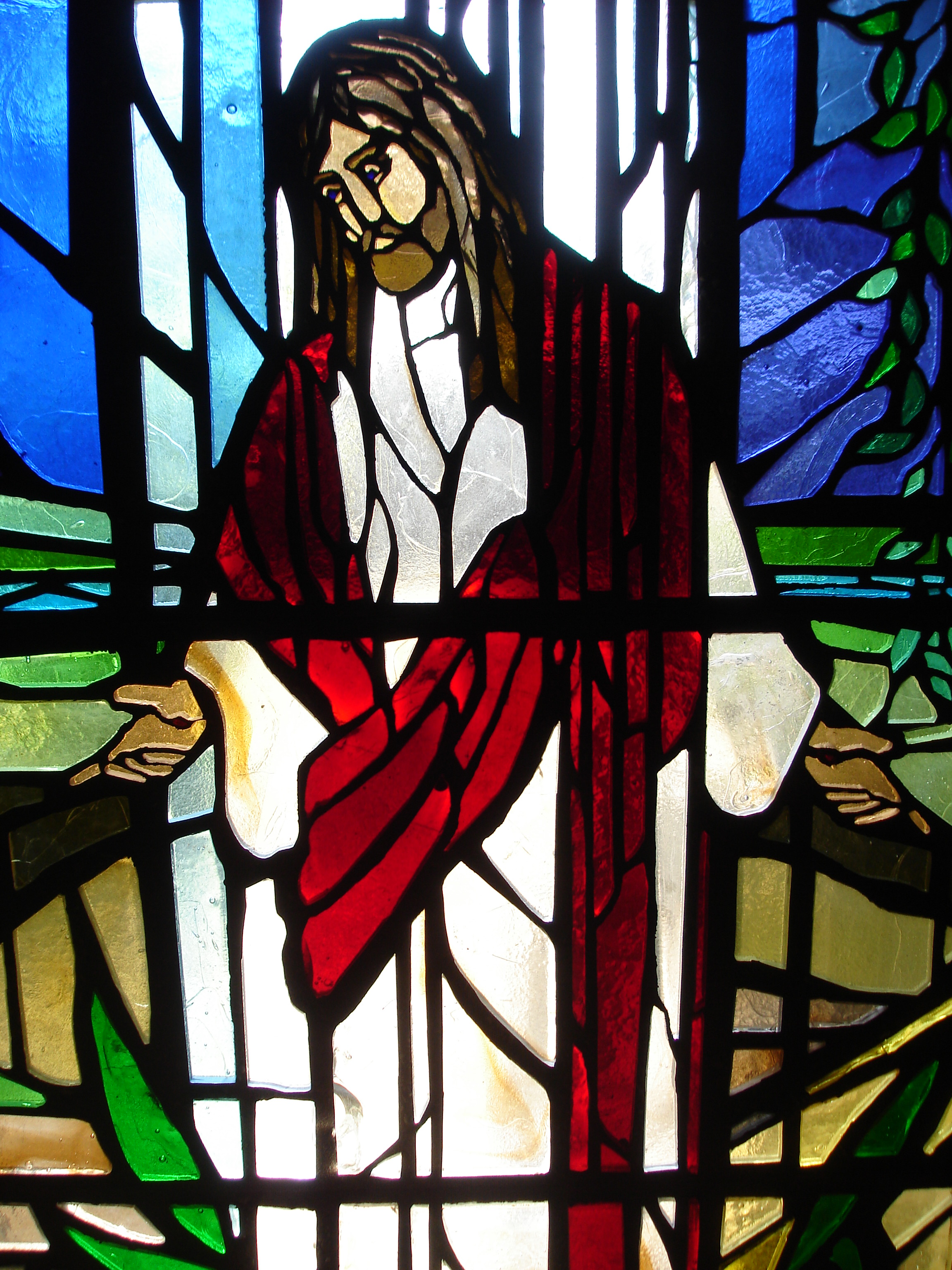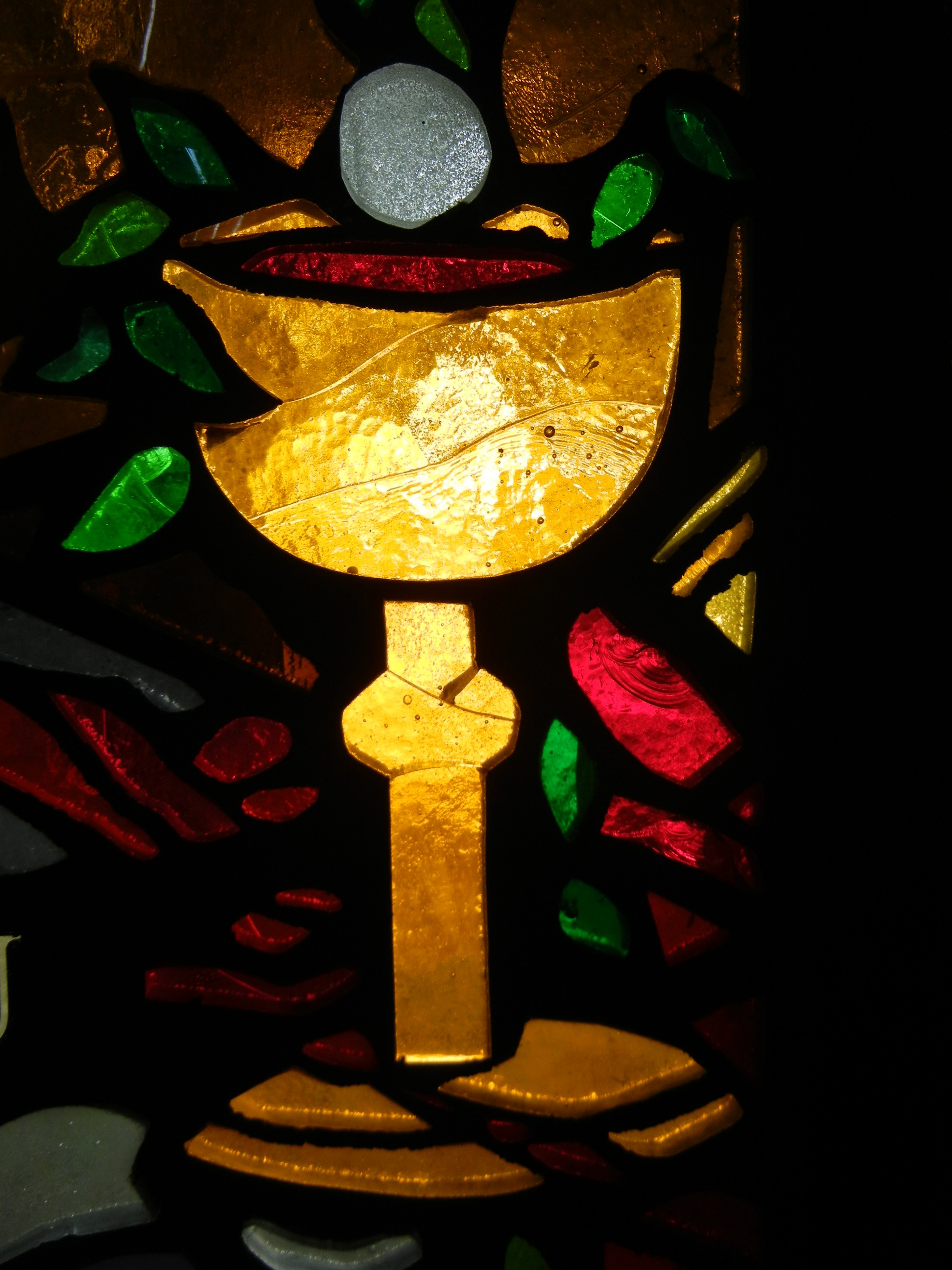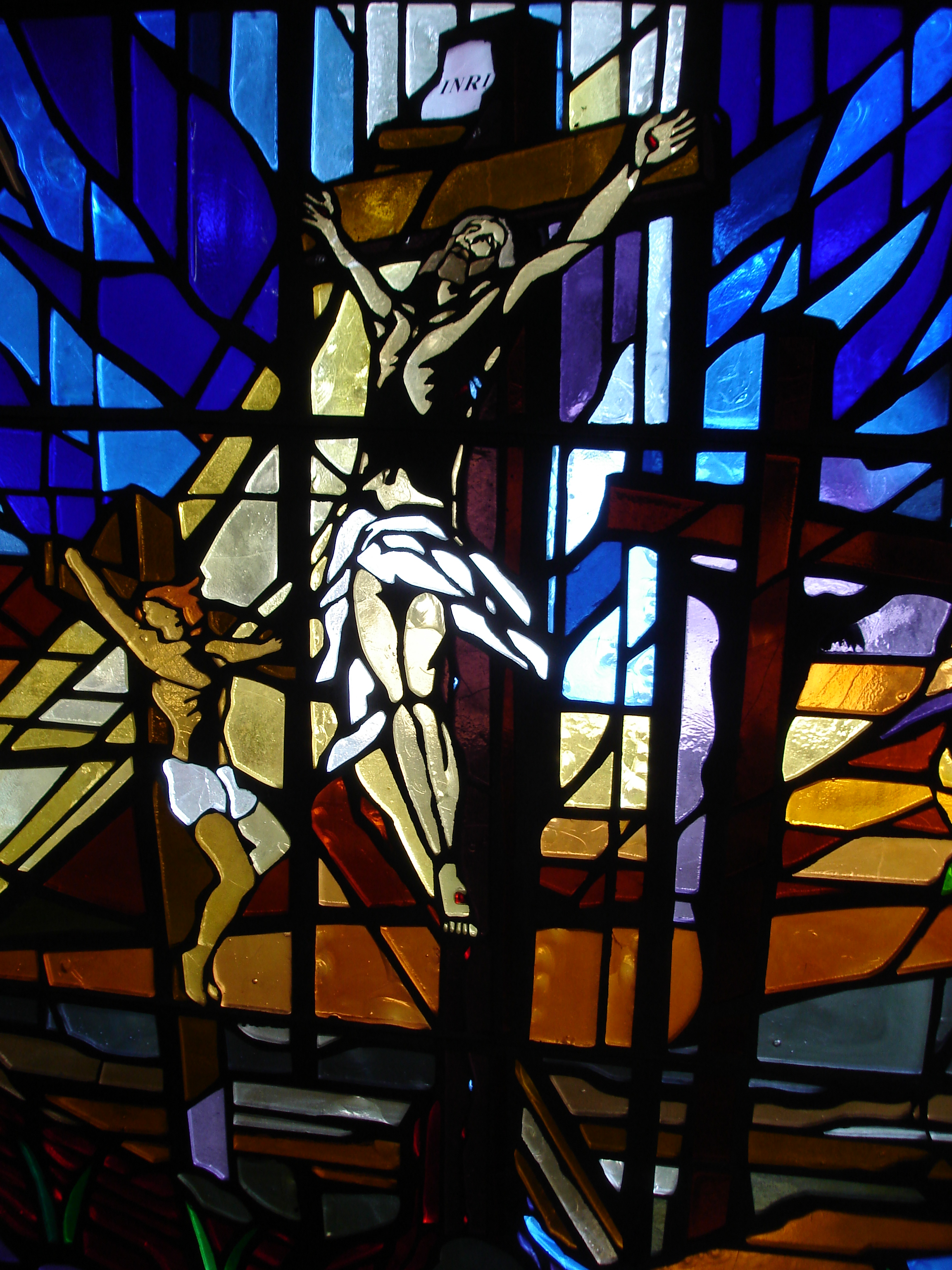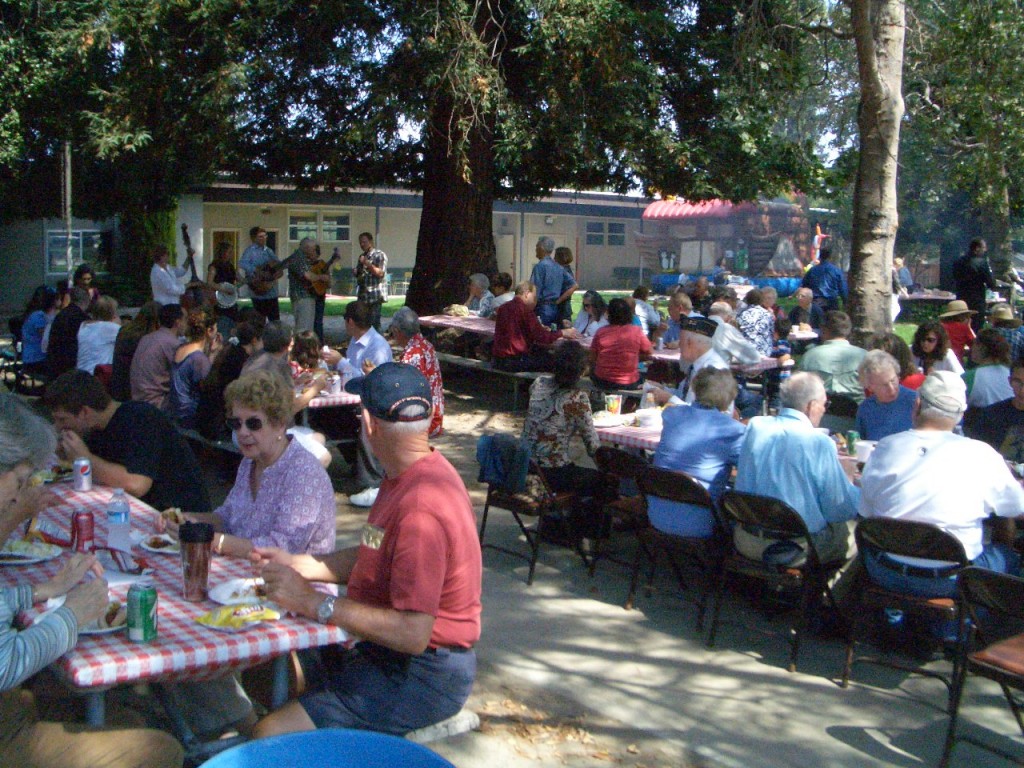January 22, 1973 ~ Roe v. Wade
There is but one…ONE…question on which finally the entire debate hangs: “Is the unborn fetus in the womb a human life, or not?” If not, then the matter is settled–a woman chooses whether to remove a mole, a finger nail, or fetal tissue: her body, her choice. If so (if it IS a human life), then the matter also is settled–within the woman is a distinct human being, possessing its own DNA: not her body, not her choice. The issue–complex as it’s sometimes made to seem with talk of ‘reproductive rights,’ ‘trimesters,’ ‘settled case-law’–is really as simple as that: Is it life, or is it not? Either way, the issue is settled.
Some plead ignorant–not believing themselves medically or intellectually equipped to answer the question. Well enough (though a heartbeat exists even at 22 days, and brain waves and fingerprints at 6 weeks, and from conception the fetus does possess its own distinct DNA). But if one is unsure, wouldn’t logic and human decency insist that he ‘err’ on the safer side? Consider this: A man has an old, dilapidated tool shed on his property. It’s going to prove an inconvenience for him going forward–it’s too expensive to maintain, it wouldn’t provide him the space to live his life in the way wants to live, and family members have been leaning on him to get rid of it. He’s going to remove it (it’s his property)–the fire department ok’d his burning it down. As he prepares the site for demolition, someone helping him asks, “Didn’t I see a child in there?” What should he do? What would you do?
Since 1973, more than 54 million times the answer has been, “Go ahead and light it.”
There really is but one question: Is that unborn fetus a human life, or is it not?
To him and to her cut to the heart–near broken at the thought of what is done or left undone, flickering on the verge of despair: “the blood of Jesus…cleanses us from all sins,” (1 John 1:7). A “bruised reed He will not break, and a faintly burning wick he will not quench” (Matthew 12:20).




